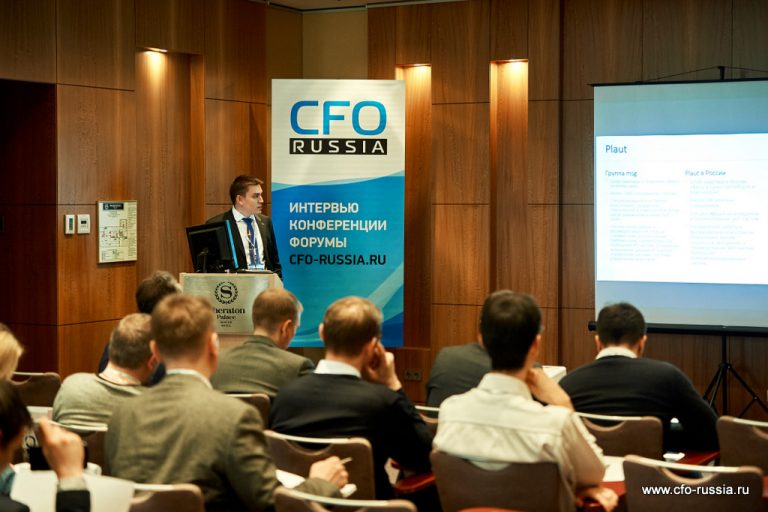- A
- A
- A
- ABC
- ABC
- ABC
- А
- А
- А
- А
- А
- HSE University
- Faculties
- Faculty of Economic Sciences
- School of Finance
- News
- 9th Annual Conference ‘Corporate Budgeting. Best practices from leading industry experts’ CFO-Russia
-
The School
- ABOUT
- Staff Members
- Doctoral Students
- Joint Departments with Partner Companies
-
RESEARCH ACTIVITIES
- Laboratories
- Series “Advanced Studies in Emerging Market’s Finance” at Springer Nature o Networking with International Academic Associations
- Networking with International Academic Associations
- Journal of Corporate Finance Research
- Research Seminars
- International PhD Workshop
- International Seminar “Systemic Risks in the Financial Sector”
- International Conference «ESG Corporate Dynamics: the Challenges for Emerging Capital Markets»
- Yasin (April) International Academic Conference
-
RESEARCH WORKING GROUPS
- Research Working Group "Innovations in the Banking Sector, its Financial Stability and Prudential Regulation"
- BUSINESS EDUCATION
- Networking with Business Associations
- Networking with Professional Associations
-
DATABASES
-
119049 Moscow, Russia
11 Pokrovskiy boulevard, room S629
Phone:
+7 (495) 772-95-90*27447, *27947, *27190
+7 (495) 916-88-08 (Master’s Programme Corporate Finance)
- Email: df@hse.ru
Head of Corporate Finance Research Center, Dr., tenured professor
The HSE School of Finance is the leading Russian competence center in the field of corporate finance, business valuation, banking, stock market, risk management and insurance, accounting and audit.
HSE is the first Russian university in the global ranking "QS - World University Rankings by subject", 2022 in the subject area of Accounting and Finance. Moreover, the university is the 1-st in the rating "THE World University Rankings by subject" in the subject area of Business & Management Studies, 2022
Grishunin S., Ivashkovskaya I., Brendeleva N. et al.
Journal of Corporate Finance Research. 2025. Vol. 19. No. 1. P. 25-40.
Badr I., Rawnaa Ibrahim, Hussainey K.
In bk.: Opportunities and Risks in AI for Business Development. Vol. 2: Opportunities and Risks in AI for Business Development. Prt. 636. Springer, 2025. P. 385-399.
Financial Economics. WP HSE. HSE University, 2025. No. 1/FE/2025.

9th Annual Conference ‘Corporate Budgeting. Best practices from leading industry experts’ CFO-Russia

The event was devoted to the discussion of the problems of the effectiveness of budgeting, modeling, forecasting in a period of uncertainty, discussion of new requirements to the personnel of financial and economic divisions and their interaction with business divisions in conditions of the need for close interaction and a significant influence of external factors.
A fairly broad topic was discussed at the conference while maintaining the general focus of the discussions - how to act during changes, when new crises and challenges are inevitable, and the variability of the environment vividly raises the question of the applicability of traditional methods of budgeting, investment activities, and risk leveling.
Participants actively shared their experience:
- of building an effective budgeting system and choosing between investments for growth and budgeting "for survival";
- of abandoning the annual budget and introducing alternative cash management mechanisms;
- of the use of information technologies in the preparation of a budget - from the choice of the optimal software to the feasibility of using software robots for routine work with big data and balancing the workload of employees of financial and economic services (FES);
- of the risk management for budget preparation and follow-up control;
- of organization of interaction between FES and business units during budget preparation: prioritization, pros and cons of "good" relationships, focus on relevant areas that form the main income and expenses of the company, etc.
The report by Nina Novikova was devoted to several issues of company management which make it possible to feel confident in the conditions of high dynamics and the company's dependence on external factors:
- integrated planning as a multipurpose tool that allows you to control the risk of profitability reduction, ensure teamwork and the interest of all divisions of the company both in the planning process and further in operational activities;
- an integrated system of prompt response and adjustment of indicators: work with standardization of processes and optimization of resources, stocks, costs, cash flow.
- About
- About
- Key Figures & Facts
- Sustainability at HSE University
- Faculties & Departments
- International Partnerships
- Faculty & Staff
- HSE Buildings
- Public Enquiries
- Studies
- Admissions
- Programme Catalogue
- Undergraduate
- Graduate
- Exchange Programmes
- Summer Schools
- Semester in Moscow
- Business Internship
-
https://elearning.hse.ru/en/mooc/
Massive Open Online Courses
-
https://www.hse.ru/en/visual/
HSE Site for the Visually Impaired
-
http://5top100.com/
Russian Academic Excellence Project 5-100
- © HSE University 1993–2025 Contacts Copyright Privacy Policy Site Map
- Edit




